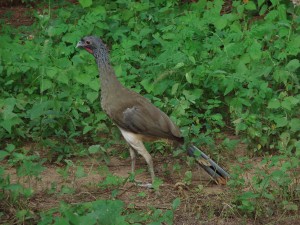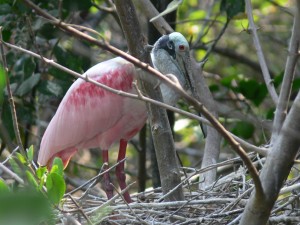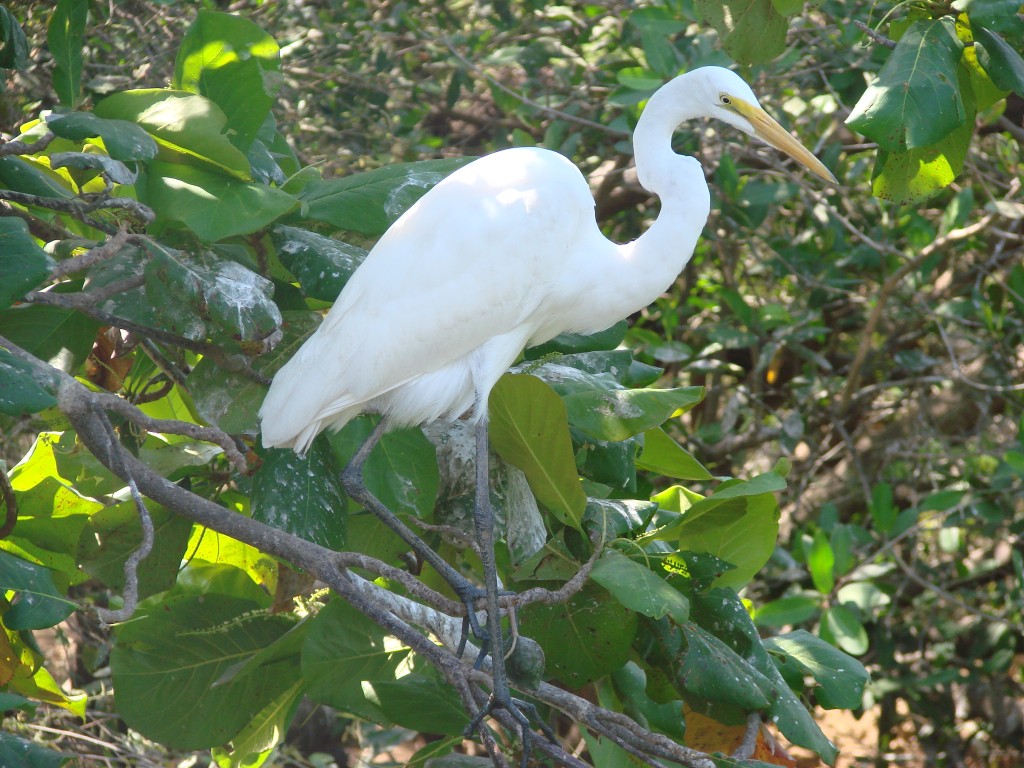By Biologist Pablo Mendizabal Reyes
Mexico is One of the Most Biologically Diverse Countries
10% of All Known Terrestrial Species are in Mexico
Mexico is recognized by nature scholars as one of the four most biologically diverse countries on the planet. Approximately 10% of all known terrestrial species can be found in Mexico, many of which are only found in this country.
Of the approximately 9,000 species of birds in the world, you can find around 1,000 of them in Mexico. In the area around Ixtapa-Zihuatanejo, Guerrero, we are proud to say we have observational records of over 320 different species, or nearly one-third of the country’s total.

This region has physio-graphic characteristics that result in this abundance of bird species – different types of habitats such as the coastline, tropical deciduous forest, sub-deciduous tropical forest, mangroves, and plantations. Of the species that we see in our area, about half are residents and are present throughout the year, and half are migratory, that visit us regularly, especially during winter.
Among the most common resident birds are Great-tailed Grackle, Yellow-winged Cacique, White-throated Magpie-Jay, Rufous-backed Robin, Groove-billed Ani, Turkey Vulture, Golden Vireo, Green Heron, Rufous-naped Wren, Black and Yellow-crowned Night-Herons, Brown Pelican, Neotropic Cormorant, Magnificent Frigatebird, Great Egret, Snowy Egret, West Mexican Chachalaca, Inca Dove, White-winged Dove, Golden-cheeked Woodpecker, Citreoline Trogon, Squirrel Cuckoo, Cinnamon Hummingbird, White-lored Gnatcatcher, and the Northern Cardinal.

Roseate Spoonbill
With respect to the migratory birds that visit us abundantly, we have American White Pelican, Roseate Spoonbill, Great Blue Heron, Wood Stork, and some Orioles. Also, Doubleday´s Hummingbird, a rare endemic bird that lives only in the coastal plain of Oaxaca and Guerrero, can be commonly seen around some feeders.
As we can see, the area of Ixtapa Zihuatanejo is a privileged place for both amateur bird watching and for students of ornithology, as it is unique to find so many different species in one place. In addition, we are a tourist destination of high quality, making the area doubly attractive to nature enthusiasts.
Bibliography:
Edwards, E.P. (1989). A Field Guide to the Birds of Mexico and Adjacent Areas, 2nd.edition. E.P. Edwards, Sweet Briar, VA.
Howell, S.N.G., and Webb, S. (1994). A Guide to the Birds of Mexico and Northern Central America. Oxford University Press. New York.
Peterson, R. T. and Chalif, E.L. (1973). A field guide to Mexican birds. Houghton Mifflin Co., Boston, MA.

